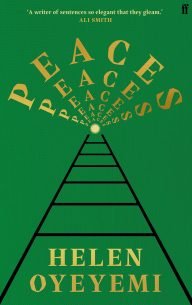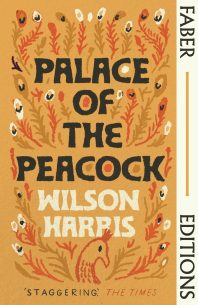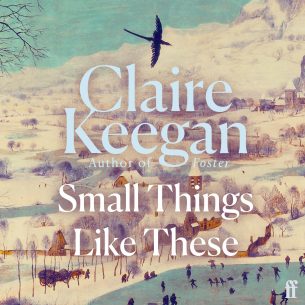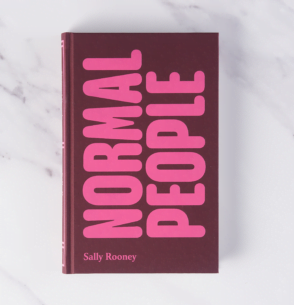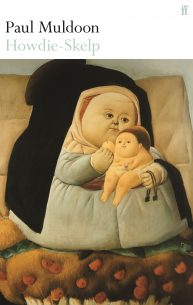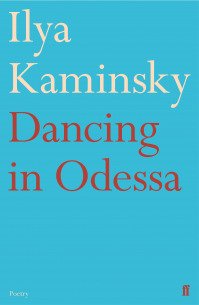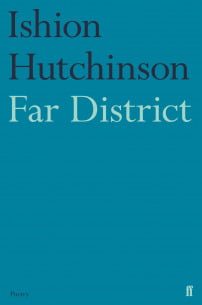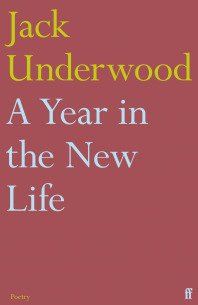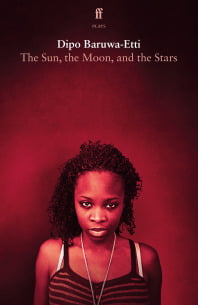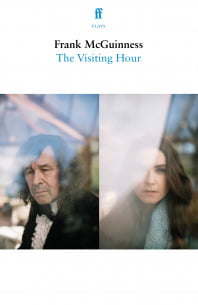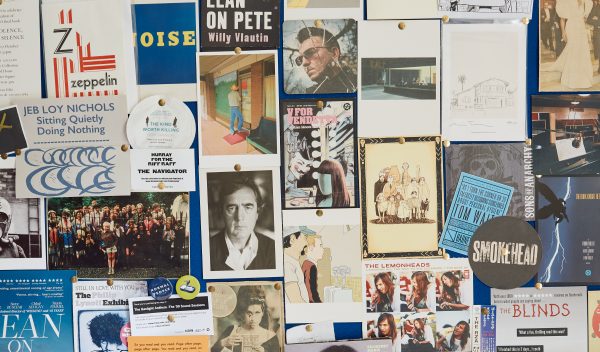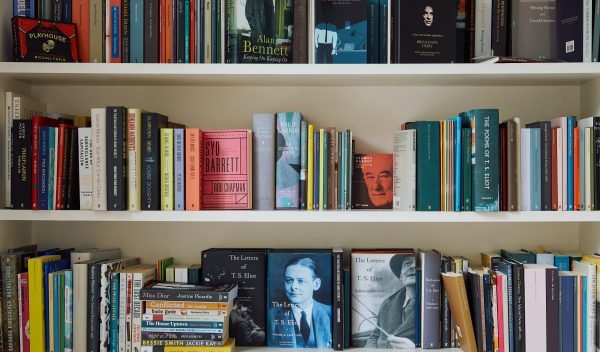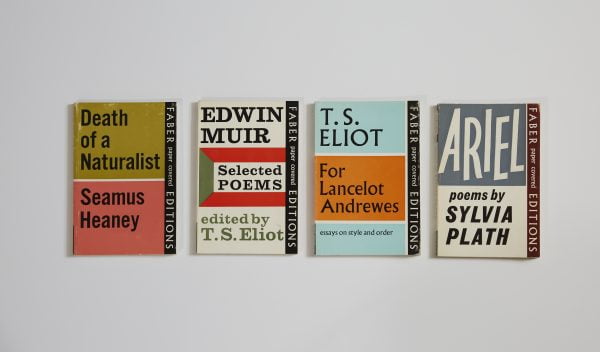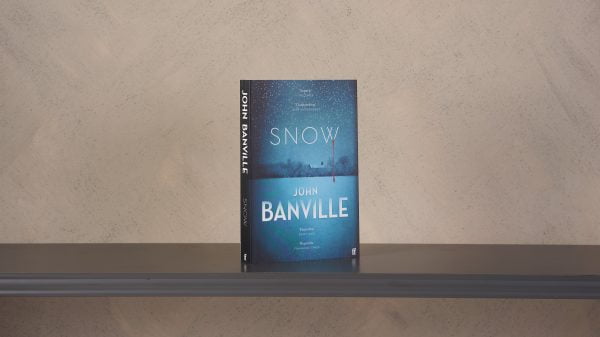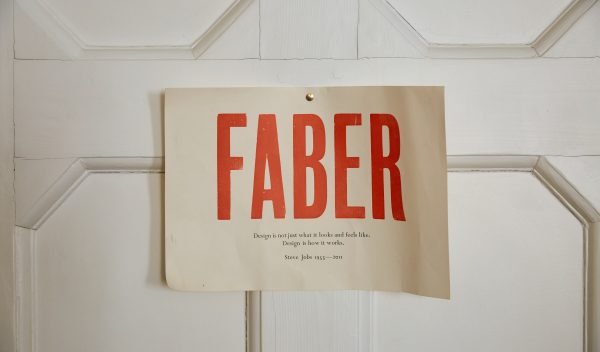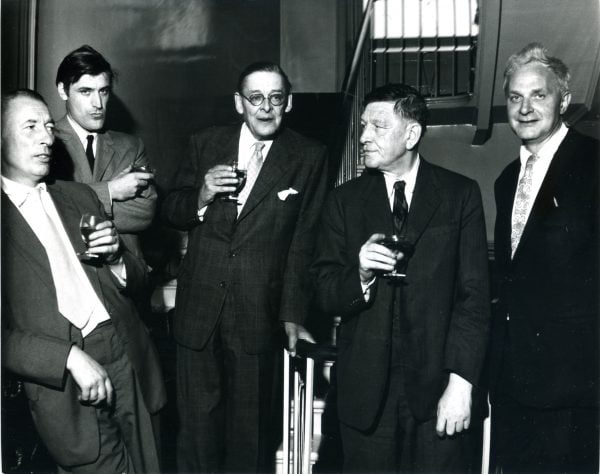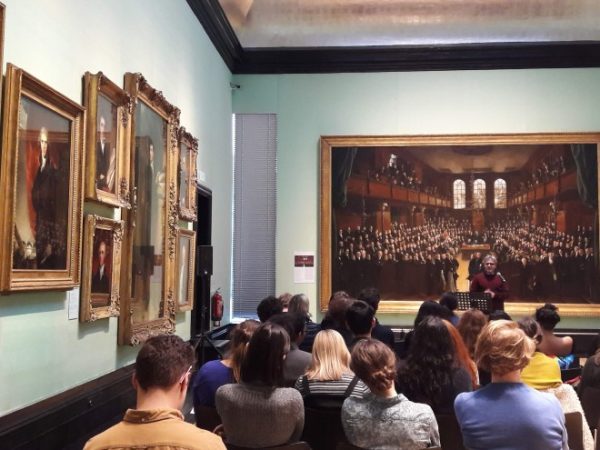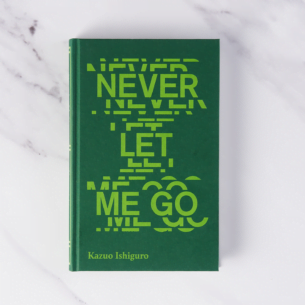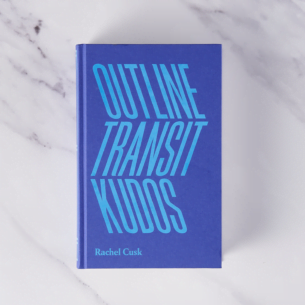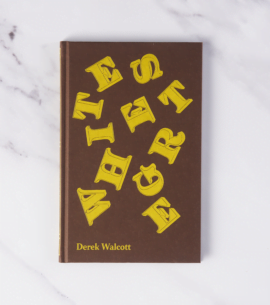


Editor to Author: An interview with Oliver Balch
In the first in our series of editor-author interviews, travel writer and Under the Tump author Oliver Balch talks to his Faber editor, Walter Donohue about living in, and writing about, foreign lands – from being an ‘incomer’ in Argentina to adapting to rural life in Wales.
Walter Donohue: What caused you to leave the UK in the first place?
Oliver Balch: Simple: I was in love. With Latin America, that is. And with my wife, Emma, of course, which was just as well because we’d only been married a matter of months before we took ourselves off to Buenos Aires.
I’d lived in Bolivia for a year on leaving university, which is when my love affair with the region first sparkled into life. Hoping Emma might come to share in my passion, I arranged a few trips to whet her appetite: short holidays to Cuba, Costa Rica, Peru. But it wasn’t until we visited Argentina that her heart first skipped a beat. With its waves of European migrants and its wide Parisian boulevards, Argentina represents a bridge between the Old World and the New.
Professionally, I was keen to try my hand as a foreign correspondent as well. There are two ways you can do this: you can either sit on the home desk of a newspaper for years and hope one day to get plucked for that plum (and increasingly rare) job in Paris or Sao Pãulo; or you can take yourself off independently, send story pitches to every foreign editor whose email you can unearth, and cross your fingers that someone will bite. I was impatient. I chose the second.
I wanted to write as well. Chasing my tail in London, I knew I’d never have the time or space to do so seriously. Plus, I didn’t have a story. Argentina, in contrast, felt rich with creative possibilities. Having been the poster child of the neoliberal Washington consensus throughout the 1990s, Argentina suffered a financial crash in 2001/2002 that sparked a wave of economic experimentation. Workers were retaking bankrupt factories and running them on democratic principles. Local residents were starting up their own mini-parliaments. Sitting in London, watching from afar, it all sounded very exciting. I wanted to see it for myself, up close, first hand.
WD: You became an ‘incomer’ in Argentina. It must have been difficult to break down the barriers and become accepted when the local people speak a completely different language.
OB: Language is certainly a barrier to integration. But it’s by no means the only one, and it’s probably one of the easiest to fix.
Ingrained cultural norms are a real stickler; when people eat (late in Argentina), how they raise their kids, what religions they practice, whether they queue or not. In somewhere family-centric such as Argentina, a lack of blood relatives can impede your assimilation too. The most integrated of my foreign friends were those who married or dated an Argentine. They automatically become part of the wide and wonderful grouping that is the latino family.
Integration depends on the ‘incomer’ as well. Joining in depends on a willingness to adapt. We were never sure how long we’d stay (we went nominally for a year and ended up staying seven), but we were adamant to live as authentically ‘local’ lives as we could. So we’d eat where everyday Argentines ate, we’d live in normal neighbourhoods (i.e. not the gated communities beloved of expats) and we’d contribute to our community however we could.
After seven years, though, part of me still felt like an ‘incomer’. I loved Buenos Aires. It felt like ‘our’ city. But every now and then, something small would bring me up short, reminding me acutely of my émigré status. Like puzzling over the punchline of a joke or realising after we had kids that I didn’t know any Spanish nursery rhymes.
We have two small boys, both with Argentine passports. Had we stayed, their own cultural transition would (I’m fairly sure) have been relatively seamless. But we didn’t. We returned to the UK, back to cold winters and Cumberland sausages – and to another kind of ‘incomer-ness’.
WD: Did the fact that you were living in an urban environment contribute to your desire to live in a rural one?
OB: Definitely. I grew up in a village. Urban living sort of crept up on me. Not that I didn’t succumb willingly to city charms. Likewise, no-one forced on me that Stygian wake-up call that is the urban morning rush-hour. I didn’t sit still either. I lived in Durham and Darjeeling, Cambridge and Kochin, London and Lima.
The longest of my city sojourns was Buenos Aires, which, for sheer spirit and style, felt pretty magical to us. After years of brick and concrete, noise and traffic, however, the thought of big skies and fresh air began to exert a powerful hold on my imagination. Not just for me. I wanted it for our two boys as well. I imagined a rustic childhood stretching out ahead of them. Summers spent climbing trees and camping out; their early years in wellies and with muddied knees.
The community attributes that I attributed to village life appealed to me as well. I never really felt part of the social fabric of the cities where I lived. In Argentina, we were always ‘nuestros amigos ingleses’ (our English friends); never ‘mi barrio’ or ‘mi gente’ (‘my crowd’, ‘my kin’). Part of me was attracted to the atomised anonymity of city life. You can people-watch at liberty; you can merge into the crowd at will. Yet part of me also wanted to walk down the street and to know the butcher and the Postman; to leave my door ajar for people to pop in. The Spanish have a word for the sort of social interweaving I was looking for: convivencia. Literally, it means ‘together-living’. The emphasis in Spanish is on the ‘con’, the together part.
WD: In Wales, did becoming an ‘incomer’ yet again feel like a burden?
Not a burden, exactly. Both Emma and I enjoy meeting new people and discovering new places. When you move, there’s a lot of walking into rooms full of faces you don’t know. There’s no way round it other than to throw yourself in. ‘Surprise’ would be the word I’d use to describe finding myself as an ‘incomer’ again. The UK is my home; it’s where I’m from. So to encounter much of the same sense of dislocation and cultural confusion in Wales as we had experienced abroad struck me unexpectedly.
WD: Did your experience in Argentina give you a method with which to integrate into a ‘foreign’ community then?
OB: Yes, I guess so. We’re only one mile from the English border. But, for me, that mile represents the distance between two worlds; the familiar and same-old on one side (I grew up in England) and the novel and exciting on the other (in Wales). And that’s how I conceived of our move to Wales: not as a move home, but as a transition to another foreign country. All that enthusiasm you take abroad with you to interrogate your surroundings, to understand what makes people tick: these I carried with me to Wales.
A desire to integrate is, I think, more important than any particular method of doing so. In this respect, my experience of city-living, rather than of Argentina, contributed most. One of the upsides of living in a city is that, among all the tens of thousands of people, you can find people like yourself. In rural areas, the pickings are much thinner. You have to take what you get. I took that as a positive.
“It’s good to live between a widow and a plumber,” the American novelist and literary critic John Updike once commented. The observation occurred to him after moving from New York to a small coastal town in eastern Massachusetts. The benefits that Updike had in mind were creative for the most part. But I wondered if there wasn’t a model for living hidden within his adage. Could exposing myself to people “not in my game”, as Updike put it, offer an opportunity to see the world through a different lens? The idea that it can – or even that it could – appealed to me hugely.
There’s a danger that such an approach can leave you on the edge looking in, however. As with an academic anthropologist, participating solely for the purposes of observing. That way people become pawns, mere objects in a writer’s game. This was never my intent. I wanted to know what it really felt like to be a fellow villager, a next-door neighbour, an authentic member of this thing called ‘community’ – whatever that word meant. My method in this respect, as much as I had one, was to muck in: we joined clubs, we went to village events, we helped out where we could: all that sort of stuff you associate with an active civic life.
WD: You made a decision to come to a community where the people’s jobs are very defined by rural occupations. How did the local people regard your job – sitting in a room in front of a computer where the landscape outside your window was occupied by farming and the like?
OB: A friend recently reminded me of the old Seamus Heaney poem “Digging”. In it, Heaney ponders on his father’s extraordinary deftness with a spade. Cutting turf on Toner’s bog, nicking and slicing neatly. ‘I’ve no spade to follow men like them,’ the poet reflects. As an alternative, Heaney resolves to dig with his pen instead – a choice that, as the poet seems to suggest, is subordinate.
As a man, sitting inside at a desk while other men toil in all weathers outdoors can feel like a second-rate pursuit. It feels distinctly metropolitan too. No one who works the land has told me this is how they see me. Perhaps they’re too polite. That said, they will happily rib me for knowing next to nothing about farming. In the book, I write about following the local Young Farmers Club. One time I confessed that I didn’t know what silage was. I haven’t lived it down.
The book also recounts my experience of drinking with a group of elderly locals who gather in the local pub every Wednesday. All the men are farmers or from farming stock. One of them always regales us with news from the livestock market. ‘Bad week for cull ewes,’ he will say. Or, ‘Good trade on store lambs.’ Again, they laugh at me when I look blank.
Both groups have proved patient with me, however. They treat me like a slightly hapless child, recognizing in me a need for some very basic instruction. Less than being critical about my world, I think they like it that I show an interest in theirs.
WD: Have your wife and boys found it easier to thread themselves into the community?
I don’t think children even really think about integrating into a place. They just get on with it. Ours do, anyway.
Before our boys were school age, we travelled widely with them – not just in Argentina, but we had long stints in Uruguay, India and mainland Europe. I think that helped. It taught them to adapt quickly to new environments and to make friends readily. Most kids of their age are just the same, though, whether they have travelled or not. Added to this natural disposition, there are all the birthday parties, holiday clubs and so on that draws them into a rich web of relationships. We piggyback on the back of the children’s relationships to an extent, meeting other parents at the school gate or after-school clubs.
In Emma’s case, she is just naturally sociable. It’s her Yorkshire blood. She is curious about who is who, and how everyone links together. She is age-blind, too. That’s important in the Welsh borders given its understandable popularity with retirees. But whether someone is just out of school or in their eighties, it makes not the blindest bit of difference to her. She just likes people. And she expects them to like her in return. If they don’t, it doesn’t bother her much. She just is who she is. That personality trait, more than her gender, is what helped her ease into community life.
If your boys were to become wedded to the area and find occupations on the land, how would you feel about that?
If that’s what they wanted, I’d be absolutely fine with it. All the time I was hanging out with the Young Farmers, I was wondering whether or not it was a place they could fit into in the future. There’s certainly no reason why not. Farming is a tough life, though. And without a farm of your own to start with, it’s even tougher.
At the moment, the eldest wants to be an ‘artitect’ and house builder. More specifically, he’s planning bespoke cliff-edge houses with glass bottoms on the Pembrokeshire coast. The other is going to be a famous footballer and fund his brother’s property empire. They assure me it’s all sorted.
How permanent is your stay in Wales going to be?
I’ve just written a book about the search to belong, so we’ve no immediate plans to up and go. We’re happy here, in our small cottage in the lee of the Black Mountains. Wales still feels a novel experience as well. The latest chapter in our unfolding adventure. That might change, I guess. Other chapters might beg to be written. But whatever happens, wherever we end up, I’m keen we always keep a foothold in this corner of the world.
Under the Tump, the new book by Oliver Balch is available to buy now.
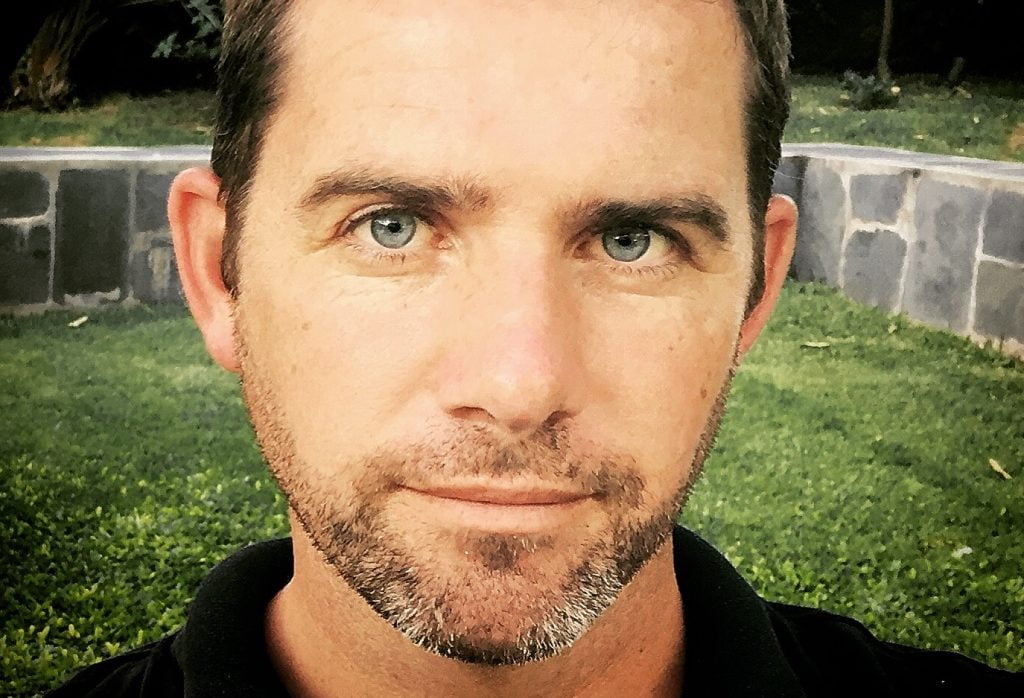 Oliver Balch is a UK freelance journalist specialising in business and world affairs. His work has appeared in a wide range of international publications, including the Guardian, the Financial Times, Conde Nast Traveller and Traveller.
Oliver Balch is a UK freelance journalist specialising in business and world affairs. His work has appeared in a wide range of international publications, including the Guardian, the Financial Times, Conde Nast Traveller and Traveller.
His first book, Viva South America! was shortlisted as ‘Book of the Year’ at the UK Travel Press Awards. His second book, India Rising, examined the emergence of the new India.
Walter Donohue is a senior editor at Faber & Faber.
